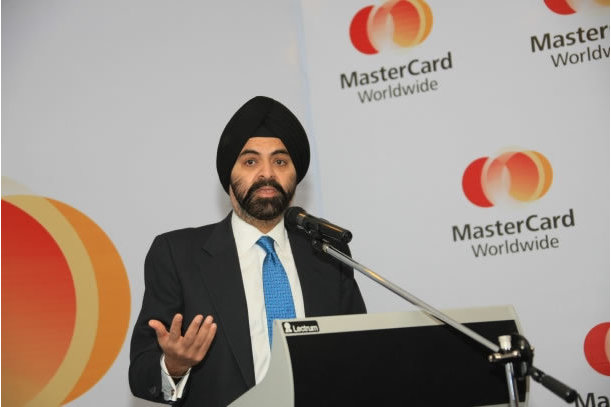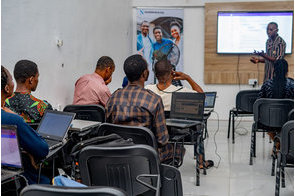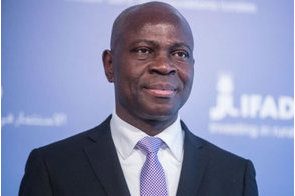MasterCard recommends new approach to youth employment in Africa

Summary
The MasterCard Foundation and L-IFT report states that support networks are vital for young Africans.
The MasterCard Foundation has called for a new approach to youth employment training strategies in Africa. This recommendation forms part of a report facilitated by the foundation in collaboration with Low-Income Financial Transformation (L-IFT), a for-profit social business.
The report, titled, Invisible Lives: Understanding Youth Livelihoods in Ghana and Uganda, was launched today at the Young Africa Works Summit, an annual event hosted by MasterCard Foundation in Kigali, Rwanda. The objective of the research is to promote a greater and clearer understanding of the working-lives of African youths.
The report maintains that most development programmes focus on skills training for formal sector careers, while ignoring training that can be applied to jobs in the informal sector. The outcome of this becomes the inability to extend training to millions of youths in Africa who participate in mixed livelihoods.
"Development efforts must strengthen social, education and economic systems, and promote inclusive growth that will provide the most vulnerable and marginalized young people with opportunities to improve their lives," said Lindsay Wallace, Director of Learning and Strategy at MasterCard Foundation.
The Invisible Lives project was initiated to understand how the youths incorporate mixed livelihoods into their working schedules; the challenges they encounter; and how to find the best solutions to these challenges.
For a year, the diary methodology adopted by the research, keeps records of the working lives of 246 young adults – ages 18 through 24 – in Ghana and Uganda. Research questions focused on behaviour, income, time management and economic activities.
"Respondents who participated in this study generously shared experiences from their lives over the course of a full year," said Anne Marie van Swinderen, Lead Researcher on Invisible Lives from L-IFT.
The Invisible Lives research revealed that African youths operate a mixture of informal sector employment, self-employment and agricultural activities for sustenance. The report states that agricultural incomes for African youths are very little. Nevertheless, youths in Ghana and Uganda thrived through diversified incomes from the cultivation of multiple crops, livestock farming and other commercial activities.
"Data from the study shows us that these young people readily take up all opportunities that come their way, with enormous energy and positive spirit,” the Lead Researcher added.
The report also revealed that formal and informal employment wages for African youths are erratic. The informal sector, which accounts for 80% of the continent’s labour force, provides more wage employment but these opportunities are not adequate.
In addition, the research explains that participants in the study remain unknown to their governments and development agencies. They also have no access to training, funds and crucial support systems.
The report states that support networks are vital for the lives of young Africans. They should provide advice on where and how to find employment, development, business guidance, and more importantly, where to access financial aid.
Related
-
Young people, green skills, and a sustainable future
By offering scholarships in high-demand tech fields, Access Bank is bridging the gap between theoretical learning and ...
-
New IFAD President calls for investment in rural youth to stem migration
Houngbo said his priority is to invest in rural areas so that they become places of prosperity and hope.
-
UNDP advocates partnership with young people to prevent violent extremism
A new UNDP report underscores the need for systematic participation of young people in decision-making and governance to ...










